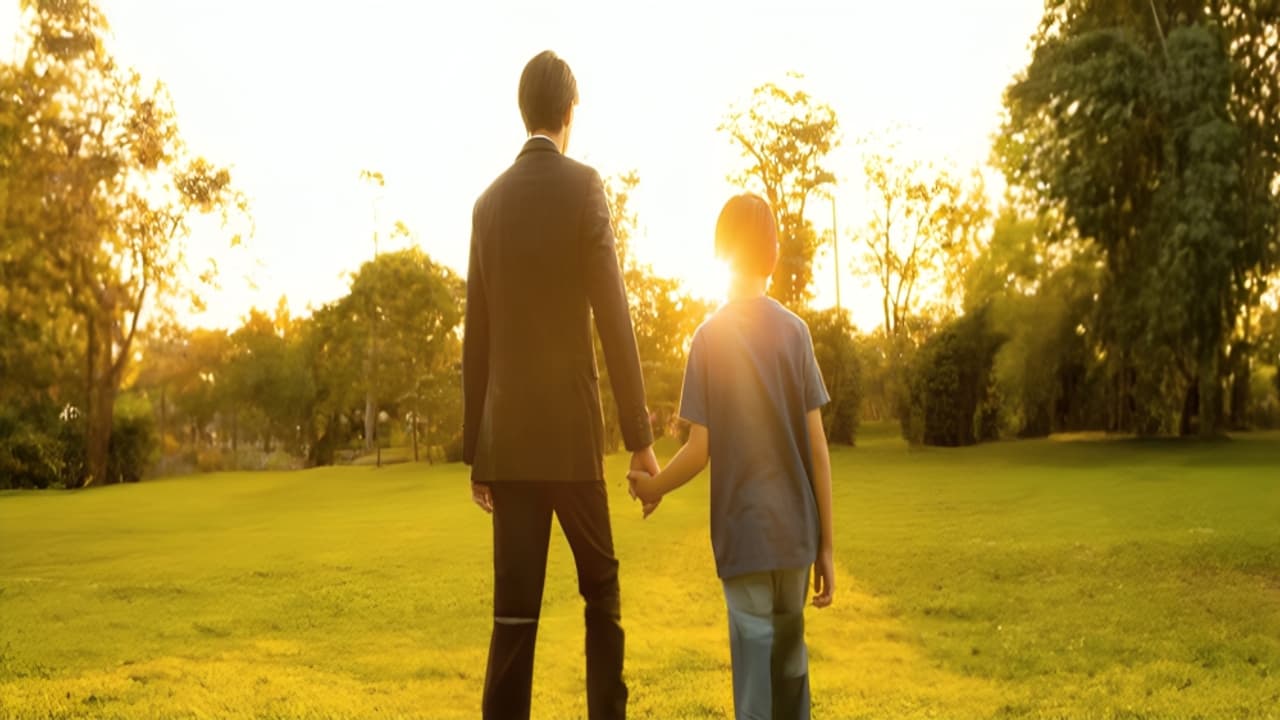Caring for the planet is often seen as ‘women’s work’. But when young men join in, it helps both the environment and their own identity. Masculinity and climate change are more connected than we think, says a study.
When we talk about climate change, we often mention plastic, pollution and petrol. But we rarely talk about people’s roles, especially how gender shapes action. Masculinity, how society sees men and expects them to behave also plays a role in how we act (or don’t act) to protect the planet. Michael Joseph Richardson, a Senior Lecturer in Human Geography, Newcastle University in an article, published in The Conversation has written about Why Climate Action Needs a New Kind of Man.
Do men avoid climate care?
In recent years, some online figures have shown off their cars, jets and big spending as signs of being a ‘real man’.
These same voices also laugh at people who talk about saving nature.
Caring is often seen as soft or weak and sadly, many think it’s something only women should do. This belief keeps some men away from doing things that help the environment.
What are ecological masculinities?
Some researchers now talk about ‘ecological masculinities’. This means understanding how being male affects how we act toward nature. Society often expects women or rich people to care for the environment.
But what happens when working-class young men, often ignored, join in climate action?
The project helping young dads become green heroes
One project doing just that is called Birds, Bees, Bikes and Trees.
It’s a partnership between a local art centre in Gateshead and North East Young Dads and Lads, a charity for young fathers.
Here, young men plant trees, fix bicycles, make bee homes, and learn new skills. These men don’t fly on holidays. They don’t drive fancy cars. They walk, bike, or take the bus. They shop locally and care about their surroundings.
But people rarely call them ‘eco-friendly’. Instead, many see them only as poor or lacking.
Changing lives through care and training
This project gives more than tasks. It offers training, purpose and identity. The young men even take care of beehives on a tall building’s rooftop.
Because it’s a risky job, they get health and safety training that helps them get other work too. Some of them are now employed as beekeepers, bike coordinators, or outdoor leaders. They also receive certifications in bike repair, forest school training and first aid.
One father who now works on the project said:
“I see myself as a worker bee helping the hive. It’s a joy to care for nature.”
A political setback and why it matters
Sadly, in the same region, climate action is also being pushed back. Durham County Council, now led by Reform UK, removed words like ‘equality’ and ‘climate change’ from official documents. They even cancelled their climate emergency declaration.
This matches with how many Reform UK voters feel, many don’t see the environment as a top concern. But here’s the truth: The UK’s net zero economy is already four times bigger than its manufacturing sector.
Green jobs are growing and they matter.
Why masculinity must change for the climate
- It’s not just about planting trees or keeping bees.
- It’s about changing the idea of what a man can be.
When men are proud to care, proud to protect nature, and proud to show emotion, everyone benefits.
Environmental work is not just ‘women’s work’! It is everyone’s work and more men joining in could help heal the planet and themselves.
